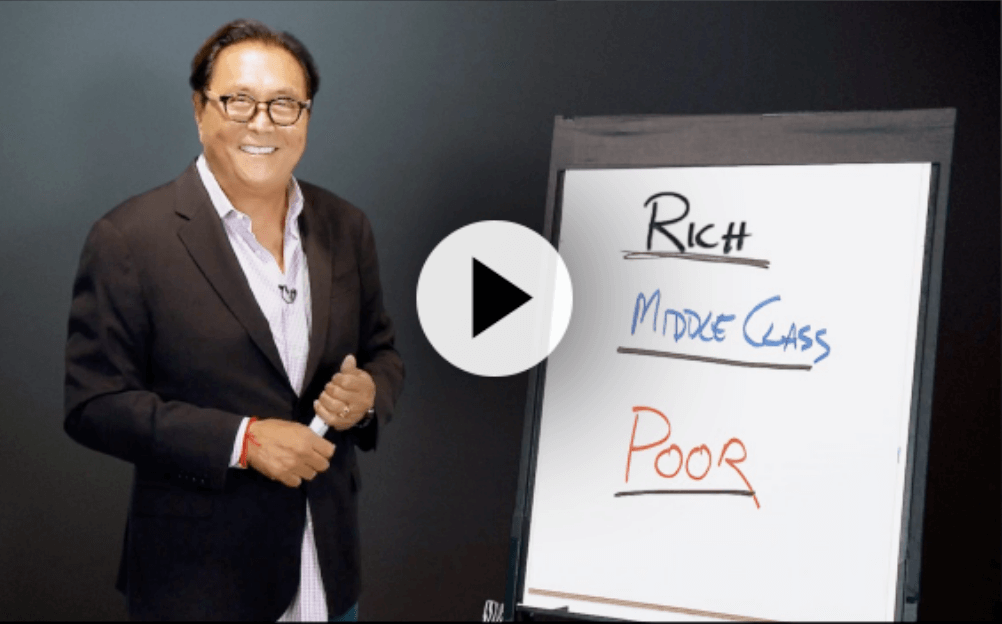Blog | Personal Finance
What to Look for in a Great Mentor
February 11, 2014
Having the right coaches and role models is a must for success
My highly educated, but poor, dad thought a job with a high salary was important and that buying your dream home was important. He also believed in paying bills first and living below your means.
My rich dad taught me to focus on passive income and spend my time acquiring assets that provide passive or long-term residual income. He didn’t believe in living below your means . To his son and me, he often said, “Instead of living below your means, focus on expanding your means.”
Both dads served as strong mentors for me as I grew up. The fact that I chose to follow the financial advice of my rich dad didn’t lessen the impact that my poor dad had on me. I would not be who I am today without the strong influence of these men.
Mentors are a must
If you want to be successful in life, mentors are a must. To me, a mentor is someone who tells you what is important and what is not important in life.
Rich dad encouraged me to always have a coach or a mentor. He constantly said, “Professionals have coaches. Amateurs do not.”
There are many different types of mentors in life. Like my rich dad, they may be financial mentors. But success doesn’t just come from knowing about money, it also requires character, commitment, and balance. Mentors can help in all these areas and more.
Reverse role models
Most people think of mentors as excellent role models. This is true, but there are also people who are bad role models but still excellent mentors. And in most instances, we all have both in our lives.
For example, I have a friend who has made more than $800 million in his lifetime, but today he’s bankrupt. I have friends who ask me why I continue to spend time with this friend. The answer is that he is both an excellent role model and an excellent reverse role model. I can learn from both his successes and his failures. One teaches me what to do, while the other serves as an example of what not to do.
Spiritual role models
Both my dads were spiritual men, but when it came to money and spirituality, they had different points of view. For instance, they differed in their interpretation in the meaning behind, “The love of money is the root of all evil.”
My highly-educated, but poor, dad felt any desire to have more money or to improve your financial position was wrong.
On the other hand, rich dad believed that temptation, greed, and financial ignorance were wrong. In other words, rich dad did not think money by itself was evil. He did believe that working all your life as a slave to money and personal financial debt was evil.
A good mentor has been there
Choose your mentors wisely. Be careful from whom you take advice. If you want to go somewhere, it is best to choose someone who’s already taken the journey.
For example, if you decide to climb Mount Everest next year, obviously you would seek advice from someone who had climbed the mountain before. However, when it comes to climbing financial mountains, most people get advice from people who are stuck in financial swamps.
Be picky
Want More Financial Security?
Quickly learn exactly how to think like the rich and then do what the rich do to achieve financial independence.

Choose to Be Rich—Click Here
If you want to be successful, I can only caution you to be careful about the people you surround yourself with. Ask yourself, “Are they good role models for me? Do they have the same goals as I do?” If not, I suggest you spend more time with people who are heading in the same direction you are.
If you can’t find them at work, look for them in investment clubs, network-marketing groups, and other business associations. Rich Dad also offers a professional coaching network, Rich Dad Coaching , for just this reason.
Choose your mentors wisely. It’s one of the most important things you can do on your journey to success.
Original publish date:
February 11, 2014